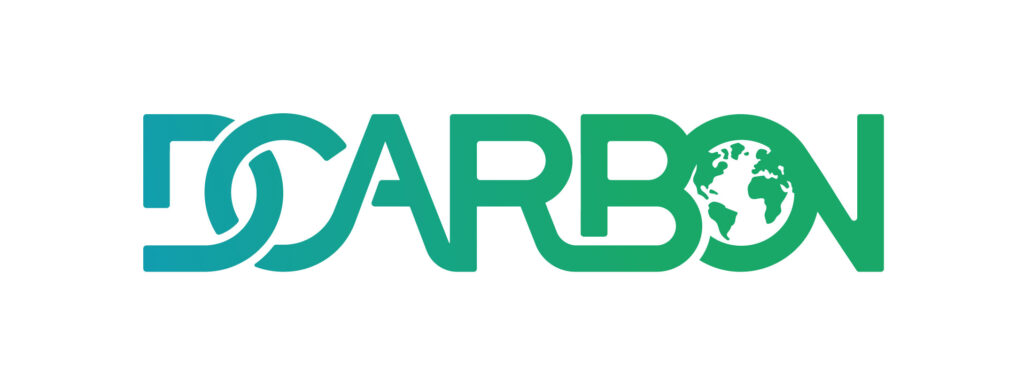At DCarbon, we are dedicated to empowering businesses to embrace sustainability, mitigate risks, and thrive in an era of environmental responsibility.
IFRS Sustainability Standards (S1 & S2)
At DCarbon, we are dedicated to empowering businesses to embrace sustainability, mitigate risks, and thrive in an era of environmental responsibility. Our service for assessing sustainability and climate-related risks, in accordance with the new IFRS (International Financial Reporting Standards) Sustainability Standards S1 and S2, provides organizations with a robust framework for transparent reporting and effective risk management. With these standards, you can chart a course towards financial stability and environmental stewardship.
Understanding the IFRS Sustainability Standards S1 and S2
The IFRS Sustainability Standards S1 and S2 are a game-changing development in financial reporting. They provide a structured approach for organizations to assess, manage, and disclose sustainability and climate-related risks. Here is a brief overview:
- S1: General Sustainability-Related disclosures: S1 establishes the foundation for the assessment of sustainability-related risks and opportunities. It outlines the principles and reporting requirements, ensuring that organizations recognize the importance of these issues in financial reporting. It includes information on governance, strategy, risk management, and metrics related to sustainability material topics.
- S2: Specific Climate-Related Disclosures: S2 dives deeper into climate-related risks, focusing on climate physical and transitional risks in addition to opportunities that provide transparency on how organizations are managing these risks. It includes information on governance, strategy, risk management, and metrics related to climate change.
The Significance of Assessing Sustainability and Climate-Related Risks
- Risk Mitigation: Identifying and understanding sustainability and climate-related risks is crucial for risk mitigation. These risks can include physical risks (e.g., extreme weather events), transition risks (e.g., policy changes and market shifts), and transitional risks (e.g., legal actions related to environmental harm). Mitigating these risks can safeguard your financial stability.
- Investor and Stakeholder Confidence: The integration of sustainability and climate risk assessment into financial reporting demonstrates your commitment to responsible business practices. This enhances investor and stakeholder confidence and attracts those who value ESG (Environmental, Social, Governance) factors.
3. Regulatory Compliance: As sustainability and climate-related risks become more regulated, compliance with IFRS Sustainability Standards S1 and S2 is essential. Non-compliance may result in legal, financial, and reputational consequences.
4. Strategic Decision-Making: A comprehensive assessment of sustainability and climate-related risks can inform strategic decision-making. It allows organizations to adapt their strategies to navigate a rapidly changing environmental landscape.
DCarbon Approach to Assessing Sustainability and Climate-Related Risks with IFRS Standards
Our team of experts specializes in guiding organizations through the assessment process in alignment with IFRS Sustainability Standards S1 and S2. Here is how we can assist your organization:
- Risk Identification: We collaborate with your team to identify and prioritize sustainability and climate-related risks specific to your industry and operations.
2. Data Collection and Analysis: We collect and analyse relevant data, including financial, operational, and ESG information, to assess the impact of identified risks on your organization.
3. Integration with Financial Position: We integrate the potential risks identified with your organization’s financial position. This step involves a thorough examination of how sustainability and climate-related risks may affect your financial health, including income statements, balance sheets, and cash flow statements.
4. Alignment with Financial Reporting: We ensure that the assessment outcomes are aligned with your financial reporting process. This involves incorporating relevant risk-related information into your financial disclosures and reporting, in compliance with IFRS Standards.
5. Reporting and Disclosure: We help you prepare clear and compliant reports in accordance with IFRS Standards, ensuring transparency and accountability. This includes highlighting the integration of sustainability and climate-related risks into your financial reporting.
6. Integration with Strategy: We work with you to integrate sustainability and climate-related risk considerations into your organizational strategy, helping you seize opportunities and navigate challenges effectively.
7. Stakeholder Engagement: We assist in engaging with stakeholders, including investors and regulators, to convey your commitment to responsible risk management and transparent financial reporting.
Empower Your Organization for a Sustainable Future
By choosing DCarbon for assessing sustainability and climate-related risks under IFRS Sustainability Standards S1 and S2, you are making a significant stride towards financial resilience and environmental responsibility. Our expertise, precision, and commitment to helping you align your financial and operational activities with sustainability goals will empower your organization to thrive in a world that values responsible business practices. Contact us today to embark on your journey towards sustainable and risk-aware financial reporting. Together, we can build a future where businesses flourish while preserving the planet for future generations.
Connect with Our Team
FILL FORM AND OUR TEAM WILL CONTACT YOU
